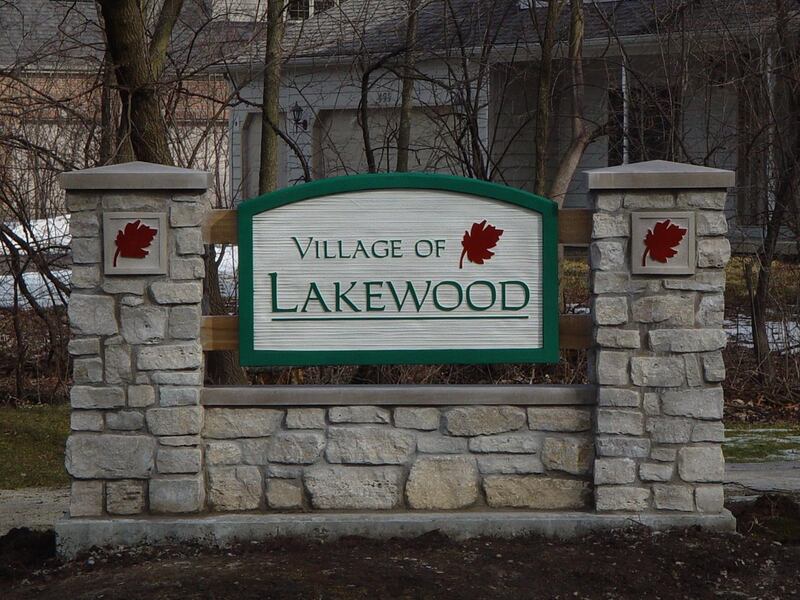The village of Lakewood is joining other communities around the country in class-action litigation over harmful chemicals that have appeared in water systems and elsewhere.
The lawsuit targets manufacturers and distributions of products containing so-called “forever chemicals” that have been linked to multiple health problems, including cancer. In joining the multimillion-dollar lawsuit, Lakewood could receive money to protect its water systems from contamination of the chemicals.
Per- and poly-fluoroalkyl substances, also known as PFAS, are synthetic chemicals used in various consumer and industrial products for their water, stain and fire resistance properties. The chemicals, popular in firefighting foam, have seeped into groundwater across the country and been exposed to “millions of Americans,” according to village documents.
Lakewood trustees unanimously voted in favor to join the lawsuit Tuesday. There is no cost to the village for participating in the class-action suit, according to village documents. Oswego and Yorkville in Kendall County are among regional municipalities that have joined.
Law firm Stag Liuzza is representing local governments across the country in the lawsuit in the South Carolina federal court case. Attorney Thomas Gardiner of Chicago-based Gardiner Koch Weisberg & Wrona law firm is representing as co-counsel for Illinois municipalities, according to village documents.
So far, DuPoint and 3M have settled for almost $14 billion, and law firms involved in the national lawsuit expect to see more settlements with other defendants in the future, Gardiner said in a letter to the village.
“Almost all private water systems have PFAS in their groundwater,” Gardiner said in the letter. “It is very likely that your municipality has PFAS in its groundwater – even if the tap water shows no PFAS or if you have met PFAS standards established by the Environmental Protection Agency."
In the letter, Gardiner said his firm estimates that the settlement money averages to “about $50 per resident.” With a population of roughly 4,000 residents, Lakewood may receive about $200,000.
“The settlement can be a multiple of that number based upon a variety of factors,” Gardiner said in the letter. “For example, a public water system serving 5,000 residents is estimated to receive $4.7 million.”
If Lakewood receives settlement money, attorneys’ fees will be one-third of the gross amount recovered, according to village documents.
The settlement requires testing of each water source, according to village documents. Testing kits will be ordered by attorneys, and the samples will be sent to an EPA-certified laboratory.
